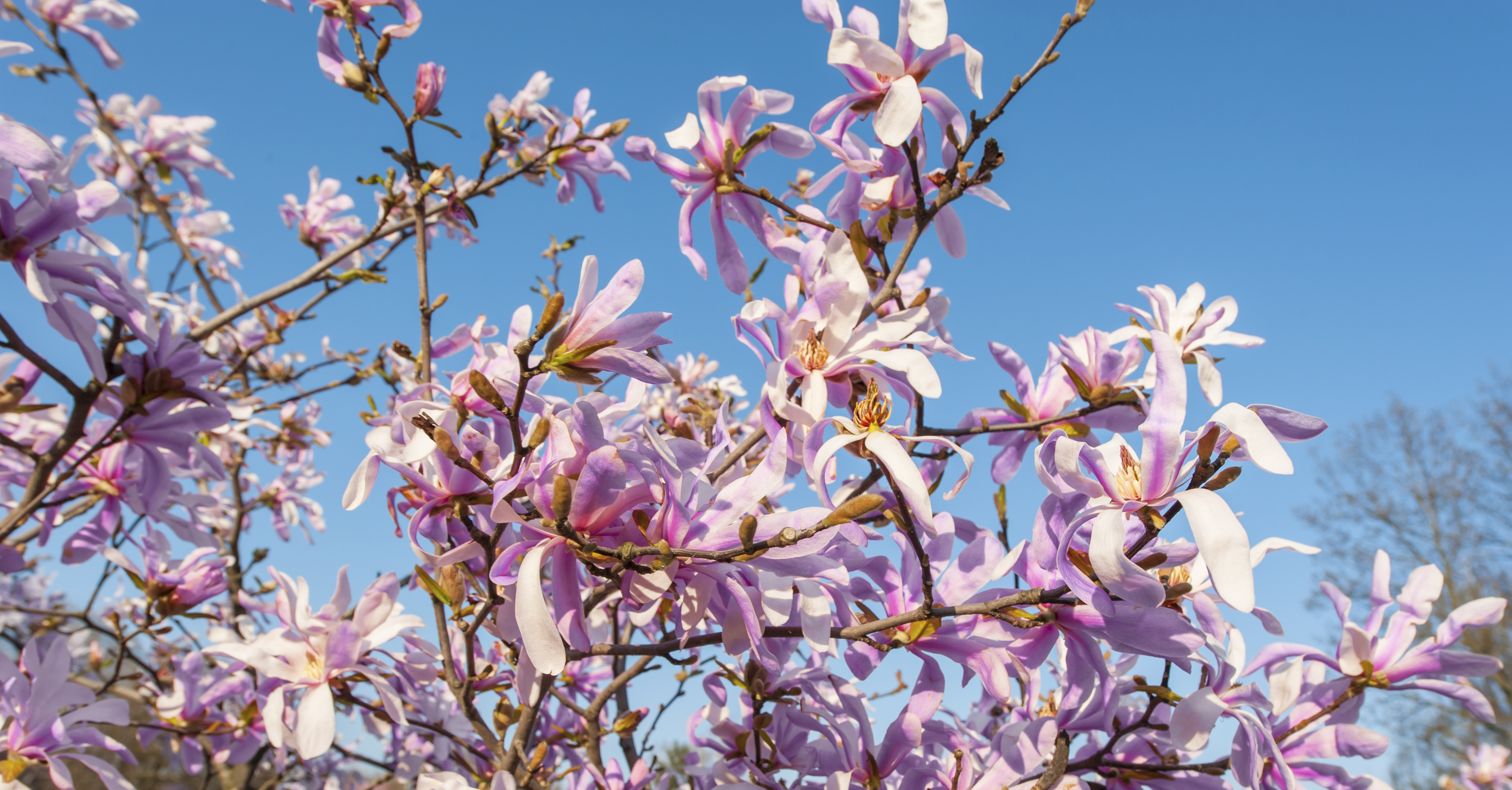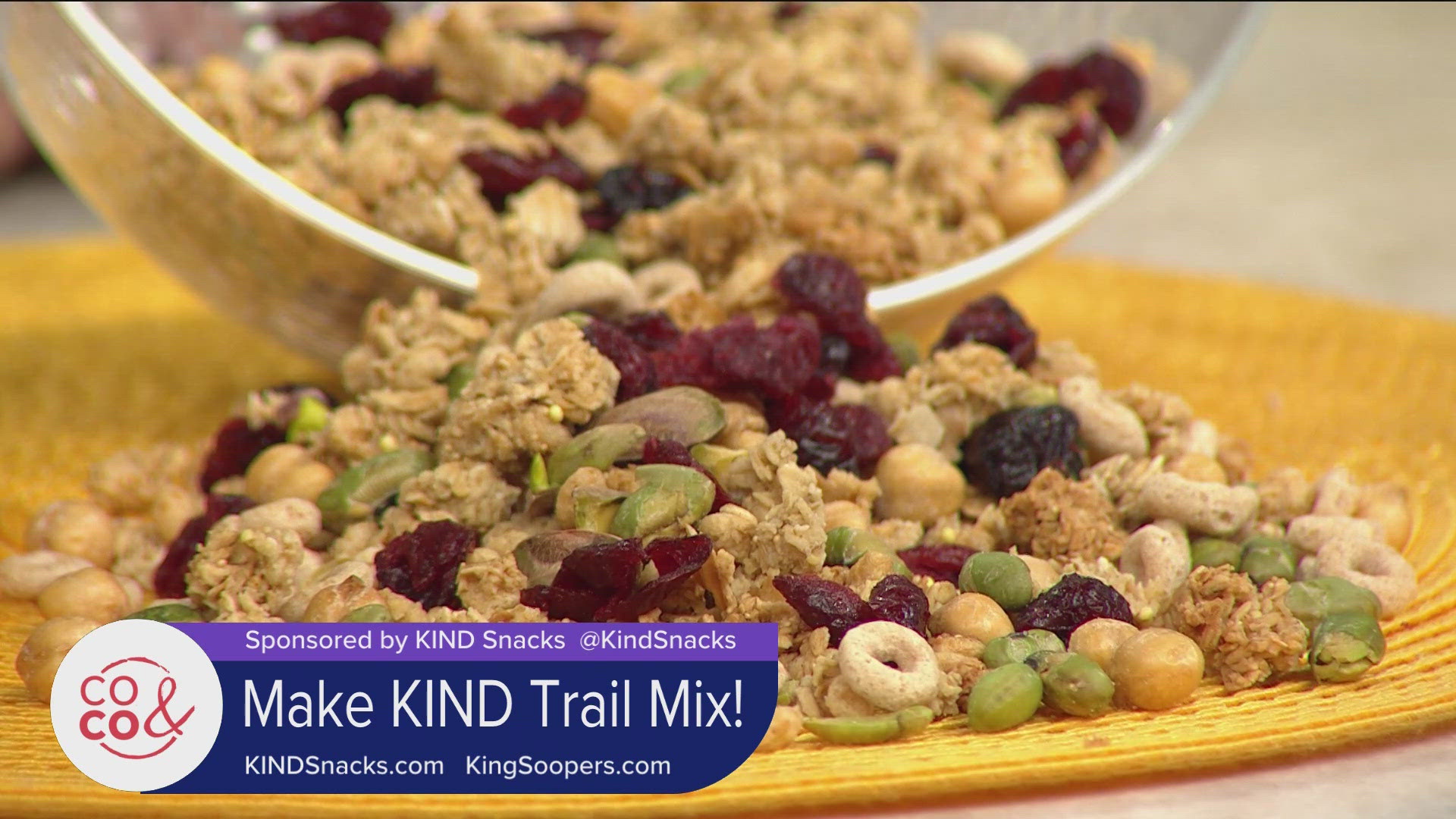Ah, the joys of spring and summer! Birds chirping, sun shining and outdoor activities are in full swing. Along with all of this goodness comes a certain challenge for some of us – namely, allergies.
This time of year causes agony and distress for allergy sufferers. People's immune systems react differently when it comes to exposure to pollens and grasses. Mast cells release histamine, a chemical that restricts breathing and allows fluid to leak into the nasal passages. For some the inhalation of pollens and other allergens trigger sneezing and inflammation of the eyes, mucus membranes in the nose and throat. Sneezing, coughing, watery eyes, and runny nose may plague you throughout the day. For others headache and migraine may occur.
Most people think about reaching for an antihistamine medication right away but these drugs usually cause drowsiness and cause difficulty driving or performing on the job. Other possible negative reactions, though less frequent, include, headache and dizziness, nausea, vomiting, diarrhea, and reduced tolerance for contact lenses.
Fortunately there are a few dietary and lifestyle modifications and/or strategies, combined with nutritional and herbal supplements that may be helpful for both prevention and treatment of allergies or hay fever. Eliminating common food offenders such as wheat and dairy products and any other known food allergies can be a tremendous boost to the immune system and will help the overall health of the individual.
Several supplements offer support and relief of symptoms to some degree. Some act as natural antihistamines, such as quercetin, bromelain, stinging nettle, and vitamin C. With vitamin C, typical doses start at 500 milligrams twice a day and upwards from there. For quercetin and bromelain, the recommended dose is usually 500 milligrams twice daily. Stinging nettle, which grows rampant in the northwest, may be useful in treating symptoms of allergies and hay fever. Nettle leaf can be bought in dried form (capsules or tablets) and a typical dose might be 500 milligrams twice daily. To decrease inflammation, one may also consider adding a few anti-inflammatory herbs like ginger, turmeric and Boswellia. Another herb, Tylophora asthmatica is used in India to treat people with allergies. A typical dose of T. asthmatica would be 200 to 400 milligrams daily.
It is always important to continue to move your body during these times and if you are bothered by the pollens you may need to move your exercise routine indoors until your symptoms improve or subside.
Keep it simple in the kitchen. As mentioned above, dairy and wheat products must be the first to go if you are looking to ease the burden on your immune system. For some people, honey can be a problem if they are sensitive to the pollen in the honey or the source. Red wine may cause a problem because of the sulfites and the histamine content. Overloading an already challenged respiratory system may be what puts you over the edge. Simplify your meals and don't eat too many different food families at one setting or it may be difficult to determine what is worsening your symptoms. If you know you are allergic to the ragweed family, for example, try avoiding cantaloupe, banana, and watermelon. Those allergic to tree pollens may want to avoid apples, cherries and peaches.
Staying hydrated with pure water. Drinking green tea may also help dissipate allergy symptoms. Talk to your health care provider about your specific symptoms and needs and design a plan together that supports your overall health and well- being.


